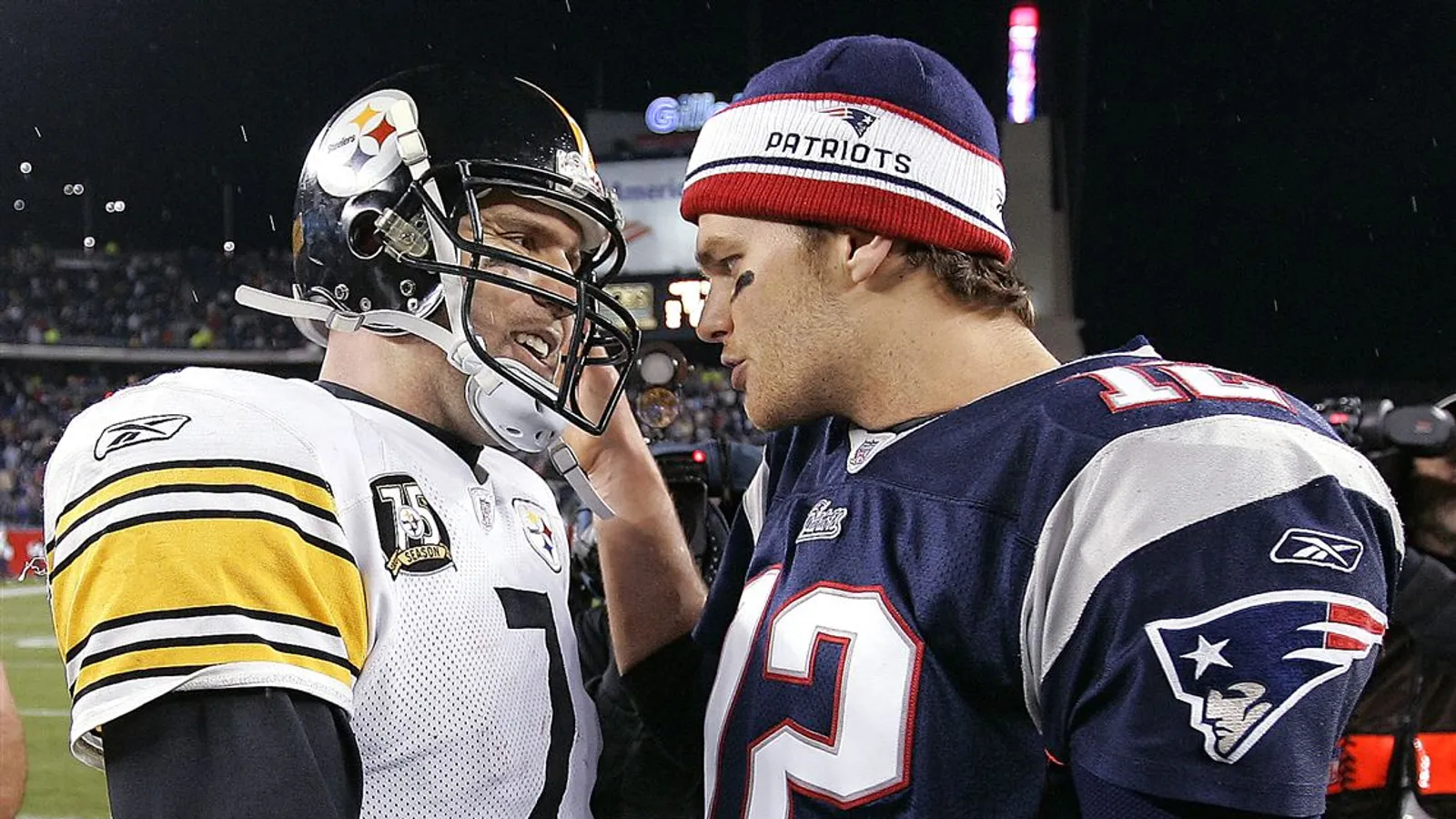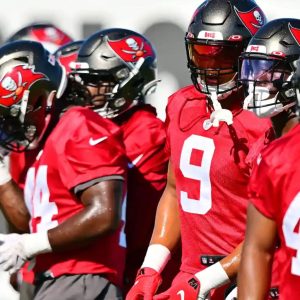The Pittsburgh Steelers and the other 31 organizations in the NFL have a difficult task year in and year out, and that is dealing with their payroll. Players always want to make the most money possible, while general managers want to keep them happy, but also keep their team out of salary cap trouble. Finding the perfect balance to this is how to be successful as an organization, and the recipe for building a dynasty similar to the New England Patriots in the 2000s and 2010s.
Steelers’ Ben Roethlisberger Blamed For Steelers Shortcomings
Former NFL running back LeSean McCoy joined Julian Edelman on a recent episode of his podcast, Games With Names. The two spoke about their careers, and went into detail about the Patriots’ dynasty that Edelman was a part of. McCoy exclaimed that the reason New England was so successful was because of the talent of Tom Brady, but also because he consistently took team-friendly contracts. This allowed the organization to sign more talented players elsewhere. McCoy called out other NFL quarterbacks, including Ben Roethlisberger, for doing the opposite.
“Dudes like Eli [Manning], dudes like Big Ben, dudes like Peyton [Manning], them dudes was cashing out, at the top of the market. Aaron Rodgers. This is what it is. Rosters get broken in the NFL because of money, the quarterback takes all the money. Donovan McNabb was getting paid top of the market, you couldn’t build on that team.”
This subject came up because of Brady always taking less money. The highest average salary Brady ever signed for was for $25 million which was on his first two-year deal with the Tampa Bay Buccaneers at the end of his career. Brady still made a lot of money over his career, but he did it in a way that didn’t hurt the Patriots, and kept the organization flexible enough to make necessary moves to contend for a Super Bowl.

Roethlisberger’s second contract in the NFL was signed in 2008 with two years left on his rookie deal. He earned an annual salary of nearly $15 million, and at that time in 2008, that was 13 percent of the Steelers total cap space. This percentage might seem like a lot, but at the time he was one of the best quarterbacks in the league and had already won a Super Bowl in Pittsburgh.
Roethlisberger’s contracts don’t get too egregious until later in his career. In 2015, he signed a four-year contract that had a $31 million signing bonus with an annual salary of $21.85 million. This ate up 15 percent of the cap space, which is nothing compared to quarterbacks in today’s NFL, but in 2015 it was top market money. For instance, Jalen Hurts carries an annual salary of $51 million, which would be nearly 23 percent of the Philadelphia Eagles cap space in 2023.
For the 2019 and 2020 NFL seasons, Roethlisberger was paid an annual salary of $34 million which came with a $37.5 million signing bonus. This contract specifically hurt the Steelers because Roethlisberger missed the majority of the 2019 NFL season with an elbow injury. At the time Roethlisberger signed this contract, he was accounting for 18% of the Steelers cap room. For the 2019 season, 18% of the Steelers pay roll missed the majority of the season.
No one blames Roethlisberger for signing these contracts. He brought two Super Bowls to the city of Pittsburgh after not winning one for nearly 30 years. Depending on who you ask, he is considered the best quarterback in franchise history and will be a first-ballot Hall Of Famer. He deserved every penny he was paid by the Steelers organization. However, there is some truth in that if he approached his contract negotiations the same way Brady did, Roethlisberger may have some more rings on his fingers.






